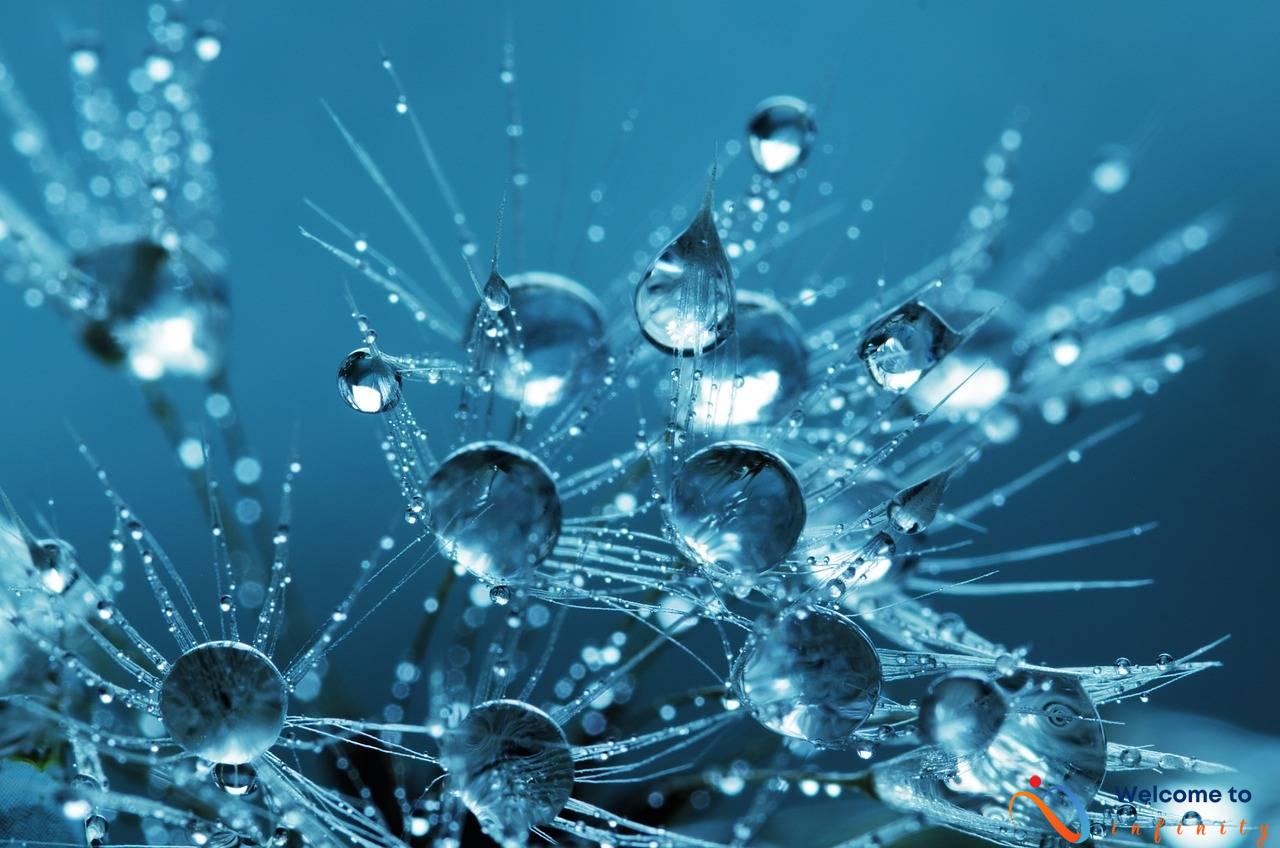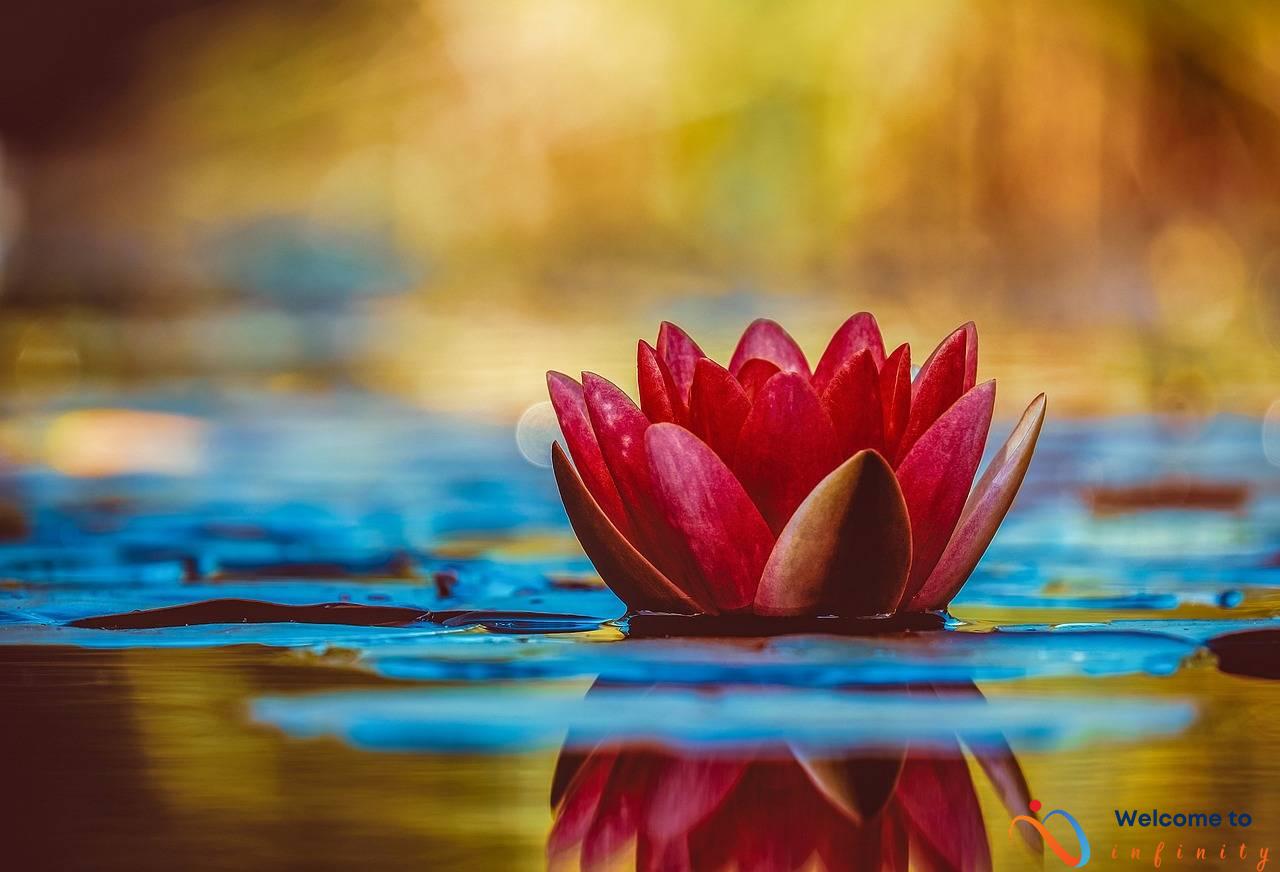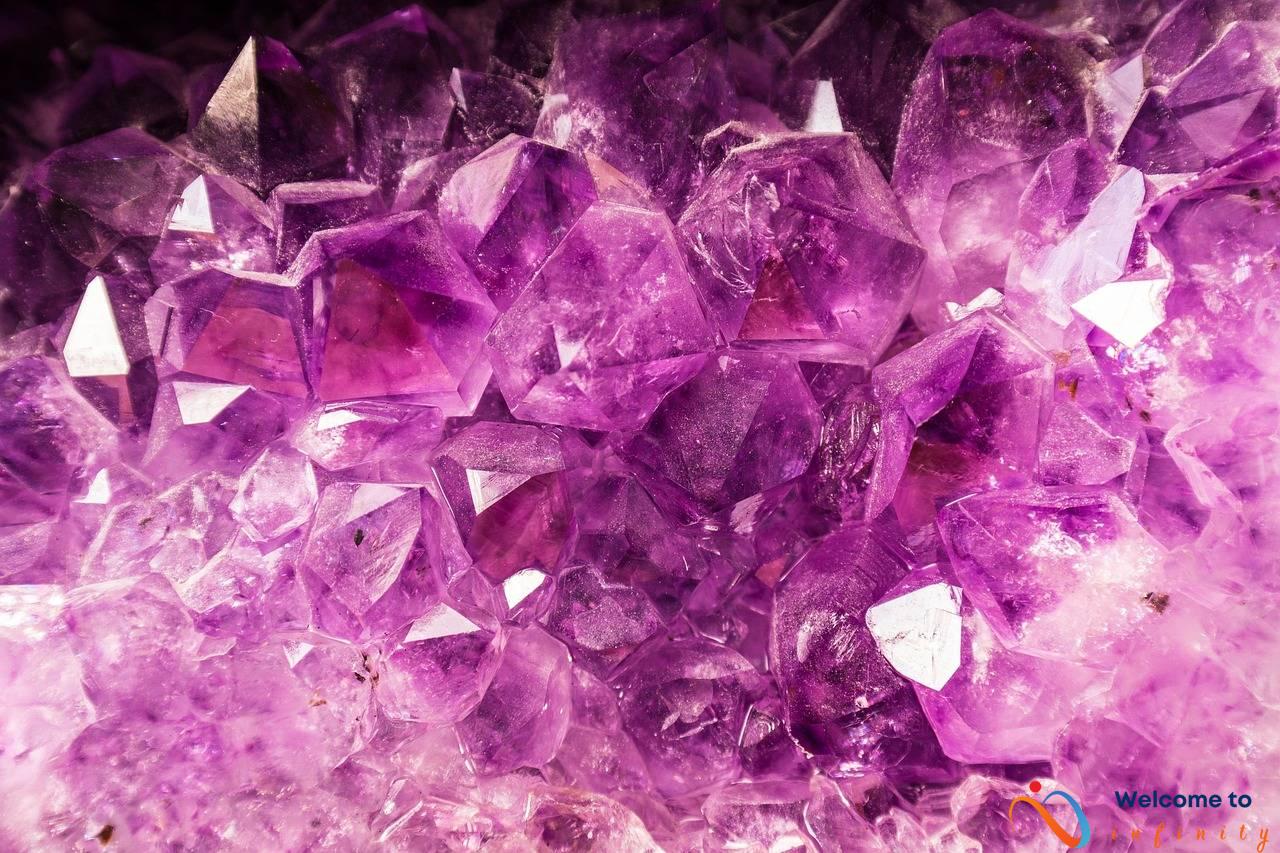Summer is here, and with it comes the hot and humid weather that can wreak havoc on your skin. The sun, humidity, and harsh air conditioning can all strip your skin of its natural moisture, leading to dryness, irritation, and even premature aging. To combat these effects, it's important to adjust your skincare routine to keep your skin hydrated and glowing all summer long.
The ultimate summer skincare routine starts with understanding the importance of hydration for your skin. Water is essential to keep your skin healthy and looking its best, and during the summer months, it's even more essential to hydrate your skin regularly. But hydration isn't just about drinking water. There are many other things you can do to keep your skin looking and feeling hydrated throughout the summer.
One of the most critical aspects of summer skincare is sun protection. Exposure to sunlight can cause significant damage to your skin, including sunburn, premature aging, and skin cancer. To protect your skin, it's important to use sunscreen daily, even on cloudy days. Look for sunscreen products that offer broad-spectrum protection and an SPF of at least 30. You should also reapply sunscreen every two hours if you're outside for long periods, especially after swimming or sweating.
- Wear wide-brimmed hats and sunglasses to keep the sun's rays off your face and eyes
- Avoid midday sun exposure
- Stay in the shade when possible
After sun exposure, it's crucial to rehydrate your skin. Look for products that contain aloe vera, hyaluronic acid, or glycerin to help soothe and moisturize your skin. Discuss with your dermatologist to know the kind of product that works for your skin type.
To stay hydrated from the inside out, make sure you drink plenty of water and eat foods that are rich in water content. Watermelon, berries, cucumbers, and leafy greens are all excellent refreshing options. Avoid sugary drinks or caffeine as these can lead to dehydration and negate your efforts to hydrate your skin.
A complete summer skincare routine for hydration includes cleansing, toning, moisturizing, and masking. For cleansing, use a gentle, hydrating cleanser that will remove dirt and sweat without stripping your skin of its moisture. Follow up with a toner that will help balance your skin's pH levels and lock in moisture. Moisturize daily with a lightweight, oil-free moisturizer that will keep your skin hydrated without making it greasy. Finally, indulge in a hydrating mask treatment once a week for an extra boost of moisture and nourishment.
Lastly, remember to practice healthy habits that will contribute to hydrated and healthy skin. Get enough sleep, avoid hot showers or baths, and wear lightweight, breathable clothing to prevent sweating and skin irritation.
By following this ultimate summer skincare routine, you can keep your skin hydrated, nourished, and glowing all season long. Don't let the summer heat and humidity take a toll on your skin. Take charge of your skincare routine with these recommended tips and tricks.
Why Hydration is Important
Hydration is key to maintaining healthy and glowing skin, especially during the hot summer months. When your skin is well-hydrated, it is better equipped to protect itself against environmental stressors and maintain a strong barrier function. Additionally, keeping your skin hydrated can help prevent a number of skin problems, including dryness, flakiness, and premature aging.
Dehydration can lead to a number of negative consequences for your skin, including dark circles, puffiness, and an overall dull appearance. When your skin is dehydrated, it can also become more susceptible to irritation and other skin conditions.
To combat these negative effects, it is important to keep your skin hydrated both inside and out. Drinking plenty of water is essential, but incorporating hydrating skincare products into your routine can also help keep your skin looking and feeling its best.
- Hydration is important for maintaining healthy and glowing skin
- Well-hydrated skin can better protect itself against stressors and maintain barrier function
- Dehydration can lead to negative consequences such as dryness, dark circles, and irritation
- Keeping skin hydrated both inside and out is essential for healthy skin
Implementing a proper skincare routine that emphasizes hydration can have a significant impact on the overall health and appearance of your skin. By incorporating hydrating cleansers, toners, moisturizers, and masks into your routine, you can help ensure that your skin is receiving the moisture it needs to stay healthy and radiant.
In summary, hydration is an essential component of a healthy skincare routine and plays a crucial role in maintaining the health and vitality of your skin. By staying well-hydrated both inside and out, you can help prevent a variety of skin issues and maintain a smooth, youthful complexion.
Sun Protection
When it comes to summer skincare, sun protection is crucial. Harmful UV rays can not only cause sunburn but also damage your skin and increase the risk of skin cancer. It's important to use sunscreen with a high SPF rating and to reapply often, especially if you're spending time outdoors or swimming.
But with so many different types of sunscreen available, it can be challenging to know which one is the best for you. Look for a sunscreen that offers broad-spectrum protection, which means it protects against both UVA and UVB rays. Consider using a mineral-based sunscreen that contains zinc oxide or titanium dioxide, which are gentler on the skin and less likely to cause irritations.
| Sunscreen Type | Pros | Cons |
|---|---|---|
| Chemical-based | Easy to apply, absorbs quickly, available in various formulations such as sprays and lotions | Can cause skin irritation or allergic reactions, can be harmful to the environment |
| Mineral-based | Gentler on the skin, less likely to cause irritations, better for the environment | thicker consistency, can leave a white cast on the skin, can be more expensive |
- Apply sunscreen liberally to all exposed skin, including the face, neck, and ears.
- Don't forget to apply to less visible areas such as the tops of your feet and the back of your neck.
- Reapply every two hours, or more often if you're swimming or sweating.
- Consider using makeup that contains SPF for extra protection.
- Avoid sun exposure during peak hours (10 am to 2 pm).
By taking sun protection seriously and using the right products and techniques, you can keep your skin safe from harmful UV rays and maintain healthy, hydrated skin throughout the summer.
Rehydration
After spending time in the sun, rehydration is crucial to prevent dryness and damage to the skin. When the skin is exposed to UV rays, it can become dehydrated and lose its ability to retain moisture. This can cause the skin to feel tight, itchy, and look flaky. To combat these effects, it's important to replenish the skin's moisture levels.
One way to rehydrate the skin is by using a hydrating serum or lotion. These products are formulated to deeply penetrate the skin and provide long-lasting hydration. Look for products that contain ingredients such as aloe vera, hyaluronic acid, and glycerin to help soothe and restore the skin.
Another way to rehydrate the skin is by using a face mist. Face mists can be spritzed on throughout the day to provide an instant boost of hydration. Look for mists that contain natural ingredients such as cucumber or rose water for added benefits.
Additionally, after sun exposure, it's important to avoid products that contain alcohol or fragrances as these ingredients can further dry out the skin. Instead, opt for gentle, fragrance-free products that are specifically formulated for sensitive or sun-damaged skin.
Incorporating rehydration into your skincare routine after sun exposure can help keep your skin looking and feeling healthy and hydrated all summer long.
Stay Hydrated from the Inside Out
Drinking enough water is essential for keeping your skin hydrated in the summer months. Not only does it help keep your skin plump and firm, but it also helps flush out toxins that can cause skin irritations and blemishes. Aim to drink at least eight glasses of water a day, and consider carrying a refillable water bottle with you to help stay hydrated on the go.
In addition to water, certain foods can also help keep your skin hydrated. Foods high in water content, such as cucumbers, watermelon, and leafy greens, can help provide additional hydration to your skin. Healthy fats, such as those found in avocados and nuts, can also help keep your skin supple and moisturized.
It's important to remember that alcohol and caffeine can dehydrate your skin, so try to limit your intake of these beverages and make up for it by drinking more water. Herbal teas can also be a great way to stay hydrated while enjoying a refreshing and flavorful beverage.
By incorporating plenty of water and hydrating foods into your diet, you'll not only keep your skin looking healthy and radiant, but you'll also feel better overall.
Skincare Routine for Hydration
If you want your skin to look and feel great this summer, it's important to establish a thorough skincare routine that prioritizes hydration. By following these steps, you can ensure that your skin stays nourished, refreshed, and protected from the harsh summer elements.
The first step to any effective skincare routine is cleansing. When choosing a cleanser, look for something gentle, hydrating, and free of harsh chemicals. Avoid using hot water, as this can dry out your skin, and be sure to rinse thoroughly with cool water to remove all traces of dirt and debris.
After cleansing, it's important to balance your skin's pH levels by using a toner. This helps to lock in moisture, leaving your skin feeling refreshed and rejuvenated. Look for toners that contain natural ingredients such as rosewater or aloe vera, which are known for their hydrating and soothing properties.
The key to keeping your skin hydrated throughout the day is to use a high-quality moisturizer. Look for ingredients such as hyaluronic acid or glycerin, which are known for their hydrating properties, and avoid products that contain alcohol or other drying agents. Apply moisturizer liberally in the morning and at night, and consider reapplying throughout the day if your skin feels dry.
If your skin needs an extra boost of moisture, consider using a hydrating mask once or twice a week. Look for masks that contain ingredients such as honey, avocado, or oatmeal, which are known for their hydrating properties. Leave the mask on for 10-15 minutes before rinsing off with cool water to reveal soft, hydrated, and refreshed skin.
By following these steps and establishing a thorough skincare routine, you can keep your skin hydrated and healthy all summer long. Don't forget to drink plenty of water and eat a healthy, balanced diet to support your skin from the inside out.
Cleansing
Cleansing your skin properly is essential for maintaining hydrated and healthy skin during the hot summer months. It's important to remove sweat, dirt, and excess oil without stripping your skin of its natural moisture. Here are some tips on how to cleanse your skin properly:
- Choose a gentle cleanser that is appropriate for your skin type. Avoid harsh, foaming cleansers that can dry out your skin.
- Wash your face with lukewarm water, never hot water. Hot water can strip your skin of its natural oils and cause irritation.
- Massage the cleanser onto your face in circular motions, focusing on areas prone to oiliness and acne.
- Rinse your face thoroughly with lukewarm water, making sure all traces of cleanser are removed.
Here are some products that are best for removing sweat and dirt without stripping your skin of moisture:
| Product | Description |
|---|---|
| Oil-based cleanser | Oil cleansers are great for removing dirt and sebum without stripping your skin of its natural oils. It's best for dry and sensitive skin types. |
| Micellar water | Water-based cleansers like micellar water are gentle and effective, perfect for removing makeup and impurities. It works for all skin types. |
| Cream cleanser | Cream cleansers are hydrating and moisturizing, perfect for normal and dry skin types. It gently removes dirt and oil without leaving your skin feeling tight or irritated. |
Don't forget to cleanse your skin twice a day, once in the morning and once at night, to maintain clean and hydrated skin all summer long.
Toning
Toning is an essential step in the ultimate summer skincare routine because it helps to remove any remaining dirt and oil, balance the skin's pH levels, and lock in hydration. Toners come in different forms, such as liquid, gel, and mist, and can include different ingredients depending on your skin type and concerns.
For oily skin, look for toners that contain alpha and beta hydroxy acids, salicylic acid, and witch hazel, which can help to control excess oil and minimize the appearance of pores. Hydrating toners with ingredients like glycerin, aloe vera, and hyaluronic acid are best for those with dry or dehydrated skin.
To apply toner, soak a cotton pad or ball with the product and gently swipe it over your face and neck. Avoid rubbing the skin too hard, as this can cause irritation. You can also spray a mist toner directly onto your face and let it absorb naturally.
Overall, toning helps to create a clean and even canvas for the rest of your skincare routine. By balancing your skin's pH levels and locking in hydration, it can also lead to healthier and more radiant skin. So, don't forget to add toning to your ultimate summer skincare routine for the best results.
Moisturizing
Moisturizing is a crucial step in any summer skincare routine. During the hot summer months, it's important to choose lightweight, non-greasy moisturizers that won't clog your pores or make your skin feel sticky.
When it comes to choosing the best moisturizers for summer, look for products that contain hyaluronic acid, glycerin, or ceramides. These ingredients help to attract and retain moisture in the skin, keeping it hydrated and plump.
Another important factor to consider is the SPF content of your moisturizer. Opt for products that offer broad-spectrum protection of at least SPF 30 to protect your skin from the harmful effects of UV radiation.
When applying your moisturizer, use the following tips for maximum hydration:
– start with a clean face. Use a gentle cleanser and pat your skin dry before applying your moisturizer.- Warm the product in your hands before applying it to your face. This helps to increase absorption and make the product more effective.- Use a light hand and apply the moisturizer in circular motions, working from the center of your face outwards. Be sure to cover your entire face and neck.- Allow the product to fully absorb before applying any makeup.
Using a hydrating facial mist throughout the day can also help to keep your skin feeling refreshed and hydrated. As always, make sure to drink plenty of water and avoid excessive sun exposure to keep your skin looking and feeling its best.
Masking
If you're looking for an extra dose of hydration for your skin, consider adding a hydrating mask to your summer skincare routine. Hydrating masks are great for giving your skin an extra boost of moisture and can be used once or twice a week to keep your skin looking and feeling soft and supple.
When choosing a hydrating mask, look for ingredients that are known for their moisturizing properties, such as hyaluronic acid, aloe vera, and glycerin. These ingredients help to create a barrier on your skin, locking in moisture and preventing water loss.
Another good ingredient to look for in hydrating masks is ceramides. Ceramides are naturally occurring lipids in your skin that help to strengthen your skin's barrier. By using a mask with ceramides, you can help to replenish and strengthen your skin's barrier, leading to more hydrated and healthier-looking skin.
When using a hydrating mask, be sure to follow the instructions carefully. Most masks should be left on for 10-15 minutes before rinsing off with warm water. Don't leave the mask on for too long or it can dry out your skin.
Incorporating a hydrating mask into your skincare routine can be a game-changer for keeping your skin hydrated during the summer months. Not only will it leave your skin feeling plump and hydrated, but it can also help to protect your skin from environmental stressors like pollution and UV rays.
Healthy Habits for Hydrated Skin
To maintain healthy and hydrated skin, it's important to develop daily habits that contribute to its overall health. Here are a few simple habits that you can incorporate into your routine for glowing, hydrated skin:
- Stay Hydrated: Drinking plenty of water is one of the simplest ways to keep your skin hydrated. Aim for at least 8 cups of water a day and sip on water-rich fruits and veggies like watermelon and cucumber.
- Avoid Hot Showers: While hot showers may feel relaxing, they can actually strip your skin of its natural moisture. Stick to lukewarm water and keep your shower time to a minimum to avoid drying out your skin.
- Get Enough Sleep: When you don't get enough sleep, your skin can become dull, dry, and prone to breakouts. Aim for 7-8 hours of sleep each night to give your skin the rest it needs to repair and regenerate.
By incorporating these habits into your daily routine, you can help keep your skin looking healthy, hydrated, and glowing all summer long.












